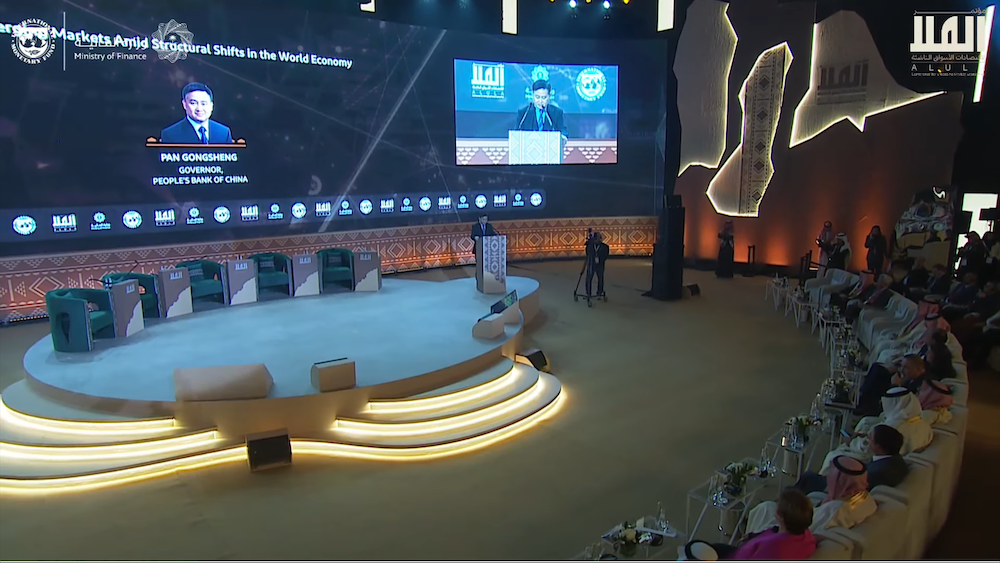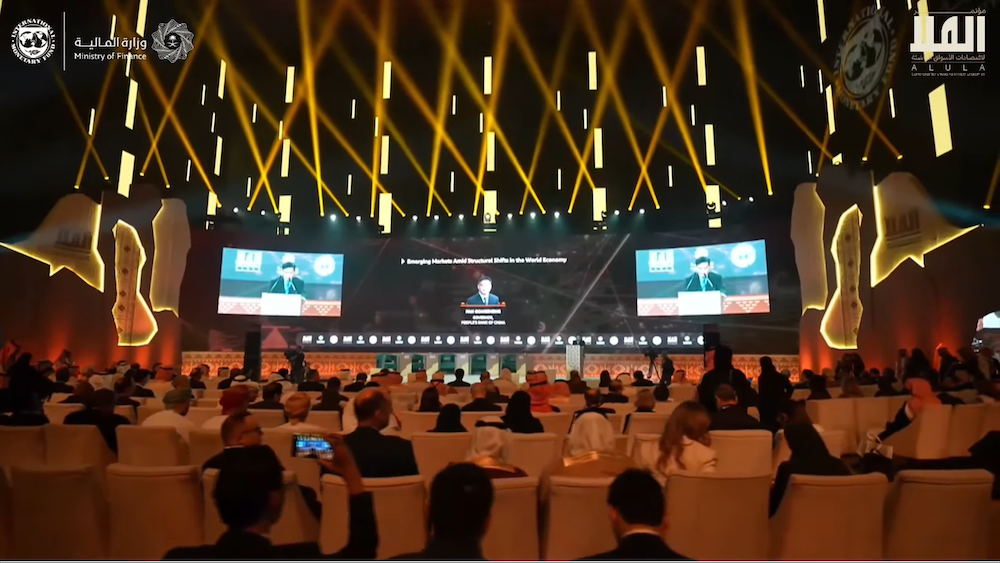RIYADH: Investor confidence in UAE’s energy startups surged as they secured $30 million in the first half of 2024, surpassing the $24 million raised throughout 2023, an analysis showed.
In its latest report, the International Energy Agency revealed that companies in energy storage and batteries received the largest share of total financing, accounting for approximately 33.3 percent, followed by solar energy firms at 25 percent.
This increase in funding for startups in the renewable energy sector highlights the UAE’s efforts to accelerate its energy transition journey, aligning with its goal to achieve net-zero emissions by 2050.
The IEA report revealed that UAE wind energy firms accounted for 8.3 percent of the overall financing received in the first half of this year, while companies operating in other renewable and clean energy technologies collectively made up the remaining 33.3 percent.
The report also noted that the total number of startup companies operating in the UAE’s energy sector reached about 54 by the end of 2023.
Of these, 21 companies are in the renewable sector, followed by 12 firms in energy storage and batteries.
The IEA added that nine startups in the UAE are working in the energy efficiency industry, while another 12 are operating in other energy-related sectors.
Beyond energy initiatives, UAE startups are also focusing on developing technologies to tackle critical challenges such as water security.
In May, Airwater Co., an air-to-water technology firm, announced a strategic investment from Abu Dhabi-based venture capital firm Tau Capital, for an undisclosed amount, indicating sustained investor interest in innovative solutions from the region.
The investment will enable Airwater Co. to expand its manufacturing, infrastructure, and distribution capabilities, with a particular focus on scaling large-scale commercial and industrial atmospheric water generation facilities, as stated in a press release.
Bill Murray, managing director of Tau Capital, stated: “Airwater Co.’s tech-focused approach to water security exemplifies the type of transformative innovation which we at Tau Capital believe is essential for sustainable global development.”
This followed another investment in December 2023, when UAE-based Zeroe secured seed funding from the VOYAGERS ClimateTech Fund, bringing the total raised to $2.3 million.
The funding was aimed at enabling Zeroe to expedite the development of its AI-integrated SaaS platform, which optimizes carbon emission calculations, aiding companies in their transition to net-zero in a more efficient and cost-effective manner, according to a press release.
“We’re excited to be VOYAGERS’ second investment in the region, and we believe this investment confirms our push to be a leading solution in supporting organizations to measure emissions and access sustainable finance,” said Farouk Jivani, co-founder and CEO of Zeroe, in a statement release at that time.
Overall, the UAE was the top-funded ecosystem in the region in the first half of 2024, with 91 startups raising $455.5 million across different sectors, according to a report by Wamda released in July.
In terms of the energy sector, the IEA report noted that US startups received a total funding of $2.29 billion in the first half of this year, closely followed by China at $1.98 billion during the same period.
France received $633 million in funding for startups in the first six months of this year, while companies in India were financed with $248 million.
The IEA revealed that its analysis is based on data from Crunchbase, which references about 3.5 million startups worldwide, including 72,000 energy-related companies.























